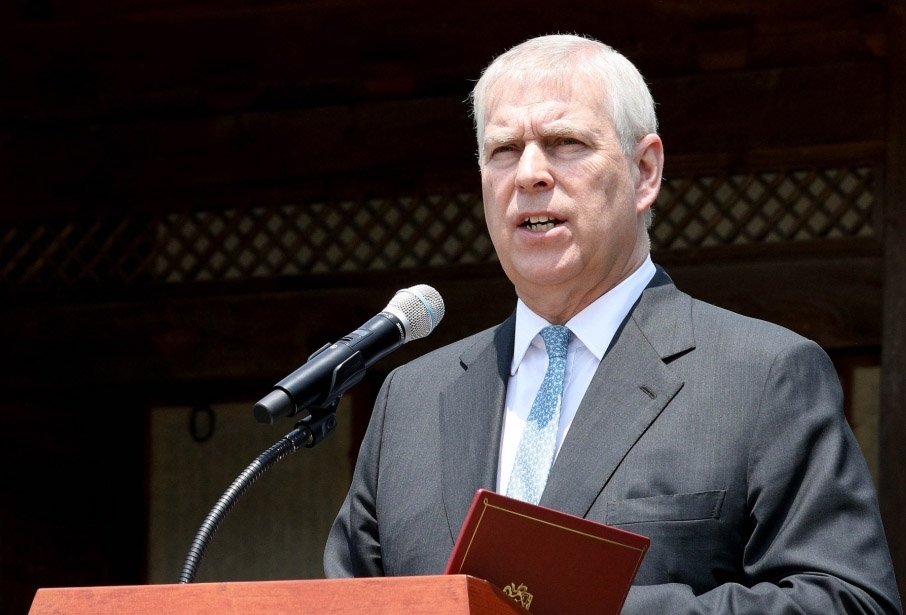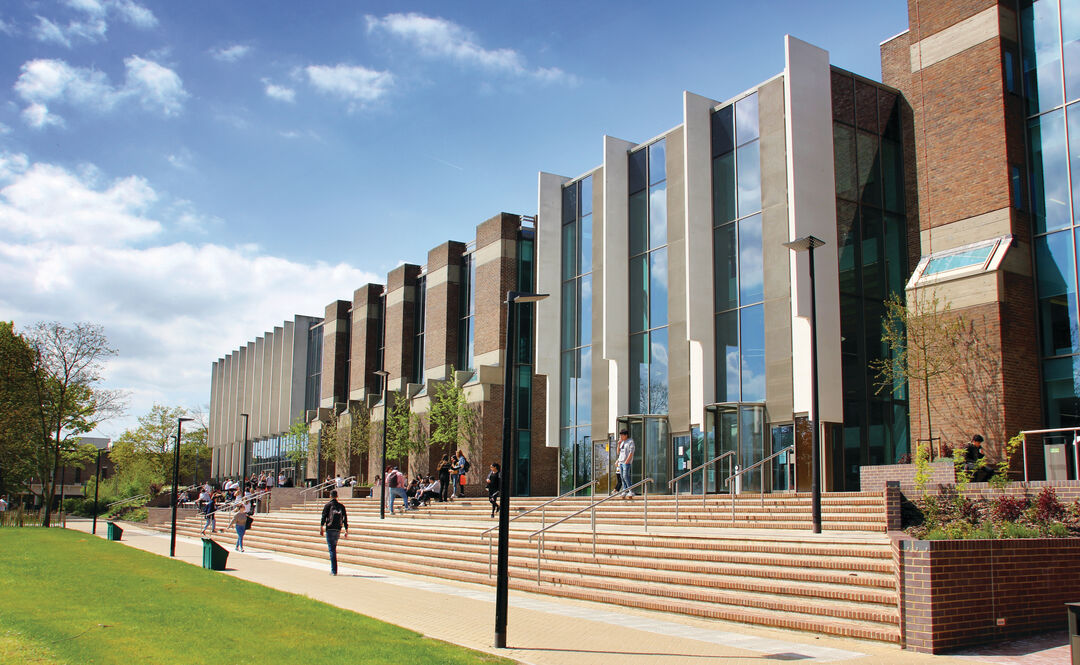Pharma giant MSD shifts research to US, cuts 125 UK jobs and warns government’s neglect of innovative medicines is driving investment abroad…reports Asian Lite News
US pharmaceutical giant Merck has scrapped plans for a £1 billion expansion of its UK operations, delivering a sharp rebuke to ministers over what it described as chronic underinvestment in the life sciences sector. The multi-national, known as MSD in Europe, said it would move its research operations to the United States, vacating London laboratories and cutting 125 jobs in a move that has rattled an already fragile industry.
The company, one of the world’s largest drugmakers, accused successive British governments of undervaluing innovative medicines and vaccines, warning that the country was losing its competitive edge in attracting global investment. A spokesperson said the decision “reflects the challenges of the UK not making meaningful progress towards addressing the lack of investment in the life science industry and the overall undervaluation of innovative medicines and vaccines by successive UK governments”.
The announcement brings to a halt the company’s high-profile project at King’s Cross, where it had begun construction of a new facility scheduled for completion in 2027. Merck also confirmed it would vacate laboratories at the London Bioscience Innovation Centre and the Francis Crick Institute by the end of the year.
Science minister Ian Murray told the Commons the decision was “deeply disappointing” but stressed it was ultimately a commercial judgement by the company. He said global economic pressures and US trade policy had compounded the problems, pointing to the fact that pharmaceutical companies were receiving a shrinking share of NHS spending on medicines, a trend dating back to previous Conservative and coalition administrations.
Conservative shadow science secretary Julia Lopez, however, issued a scathing assessment, arguing that Merck’s “unsparing” message showed the UK was failing to compete internationally. “Simply put, the UK is not internationally competitive. The government must wake up, and do so now,” she said.
Sir John Bell, the emeritus regius professor of medicine at Oxford University, warned that Merck’s withdrawal could be the start of a wider exodus. “I’ve spoken to several bosses of major companies in the past six months, and they’re all in the same space, and that is, they’re not going to do any more investing in the UK,” he said.
He pointed to NHS spending priorities as a key factor. “Ten years ago, we used to spend 15% of our healthcare budget on pharmaceuticals. Now it’s 9%. The rest of the world, the OECD, are sitting between 14 and 20%. The large companies do have to work in a system where they can sell their products, and if they can’t sell their products here, they’ll go and do their business somewhere else.”
Richard Torbett, chief executive of the Association of the British Pharmaceutical Industry, described the announcement as “an incredible blow”. He added: “We’ve really got to see it as a wake-up call to try and understand what is driving companies to make these difficult decisions and what can we do to turn that round. The lack of competitiveness of the UK is the big thing that’s driven the decision.”
Merck’s retreat follows a string of similar decisions by global drugmakers. In January, AstraZeneca scrapped plans to invest £450 million in expanding a vaccine plant in Merseyside, citing reduced government support. The Anglo-Swedish company also opted last year to build a new factory in the Republic of Ireland rather than north-west England, pointing to Britain’s “discouraging” tax rate.
Novartis executive Johan Kahlstrom warned recently that NHS patients were already losing access to cutting-edge treatments because Britain was “largely uninvestable”. He said the company had been unable to launch several medicines in the UK owing to “declining competitiveness”.
Industry sources said the King’s Cross hub, which has attracted major funding at the intersection of life sciences and artificial intelligence, was still regarded as a vibrant ecosystem. But they rejected suggestions that Merck’s decision was purely about drug pricing, noting that the current regime was agreed with industry in 2023.
Merck’s strategy is also being shaped by political headwinds in the United States. Pharmaceutical companies have been under pressure from President Donald Trump to invest more domestically, with the White House threatening tariffs of up to 250% on imported medicines. An executive order signed in May aimed at cutting drug costs for American consumers has further tilted the balance towards US-based research and development.
Merck recently announced global cost-cutting measures worth $3 billion (£2.2 billion) annually, of which the UK withdrawal is part.
A spokesperson for the Department of Industry, Science and Technology said the government recognised the concerns but defended Britain’s overall record. “The UK has become the most attractive place to invest in the world, but we know there is more work to do. We recognise that this will be concerning news for MSD employees and the government stands ready to support those affected.”
Labour’s election manifesto pledged to reverse the decline by introducing “an NHS innovation and adoption strategy” in England, promising clearer procurement routes, faster approval processes, and incentives to encourage investment.
Whether those measures will be enough to stem the tide of disinvestment remains uncertain. For now, Merck’s exit represents a stark warning: without stronger policy support, Britain’s ambition to remain a global leader in life sciences could be slipping from its grasp.














